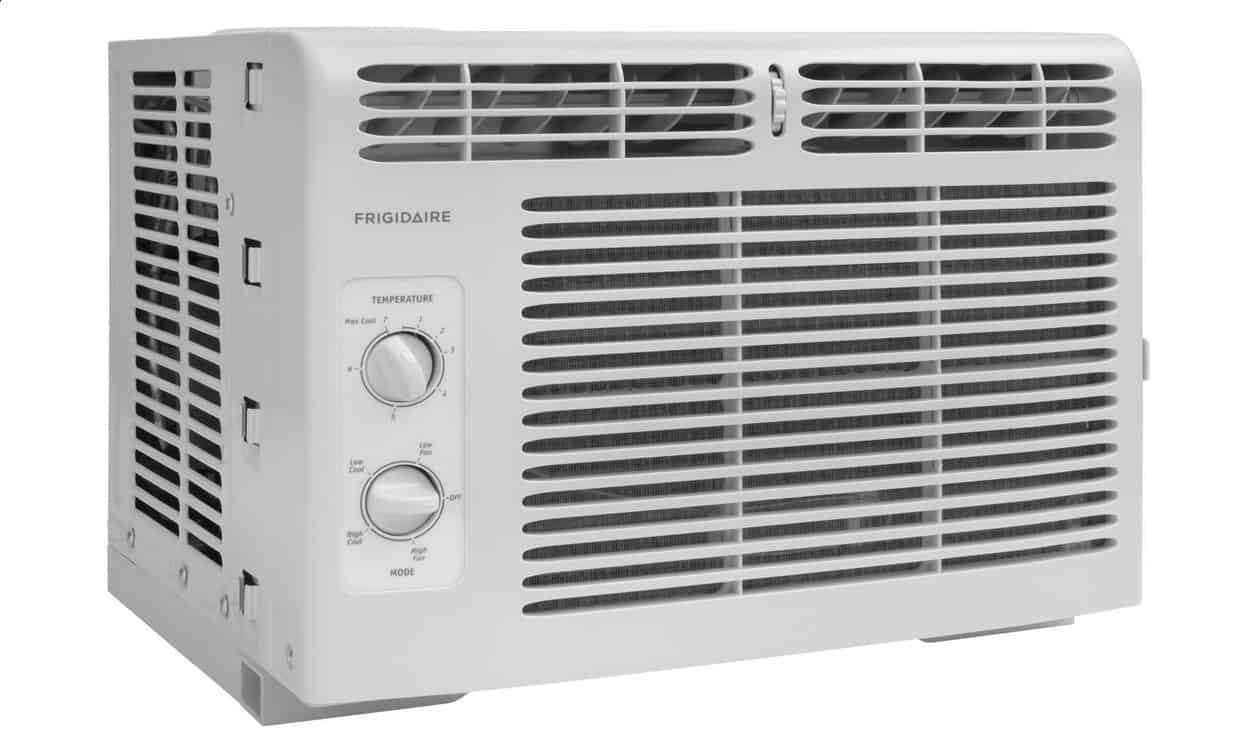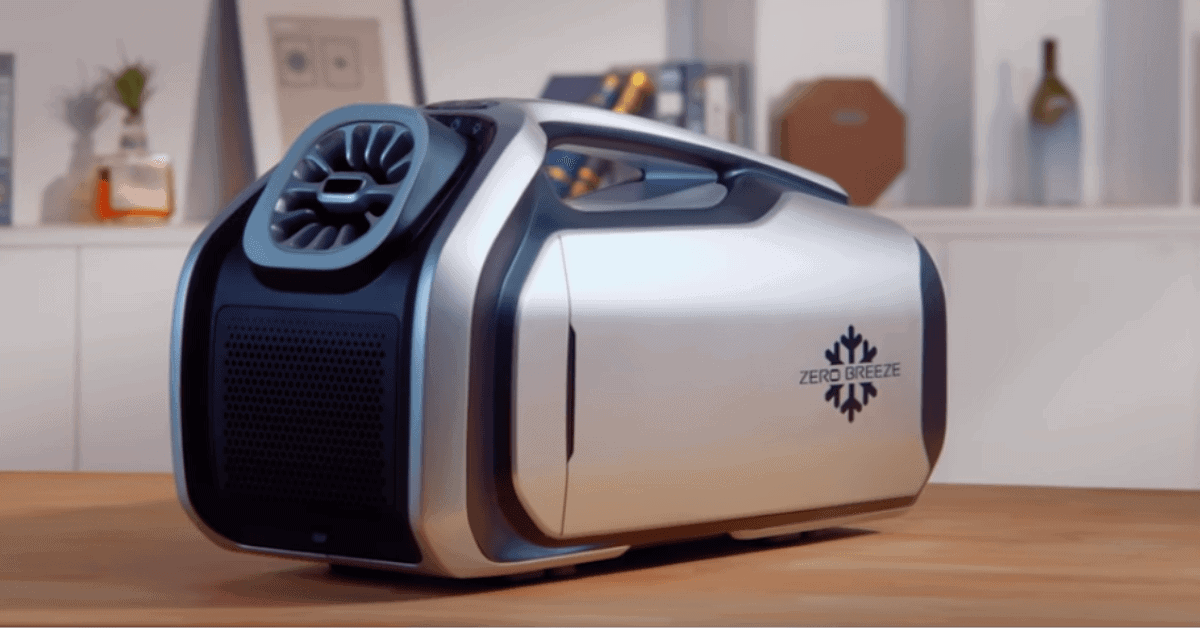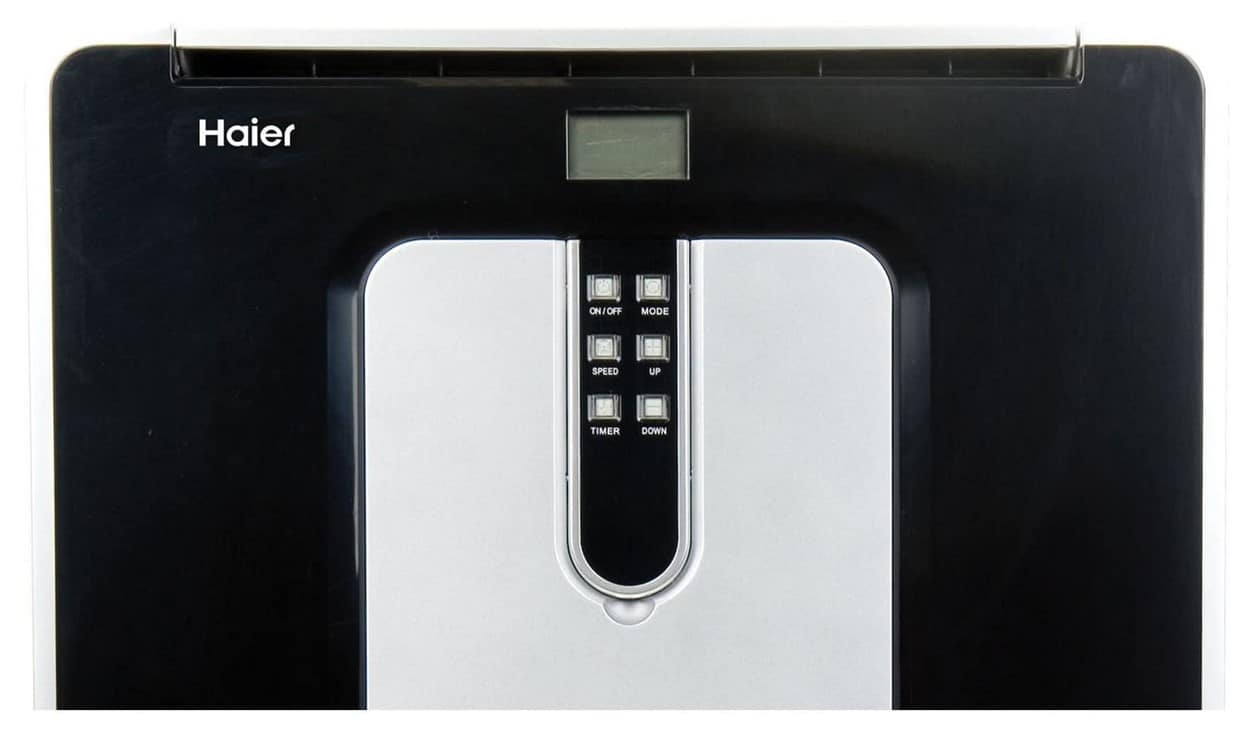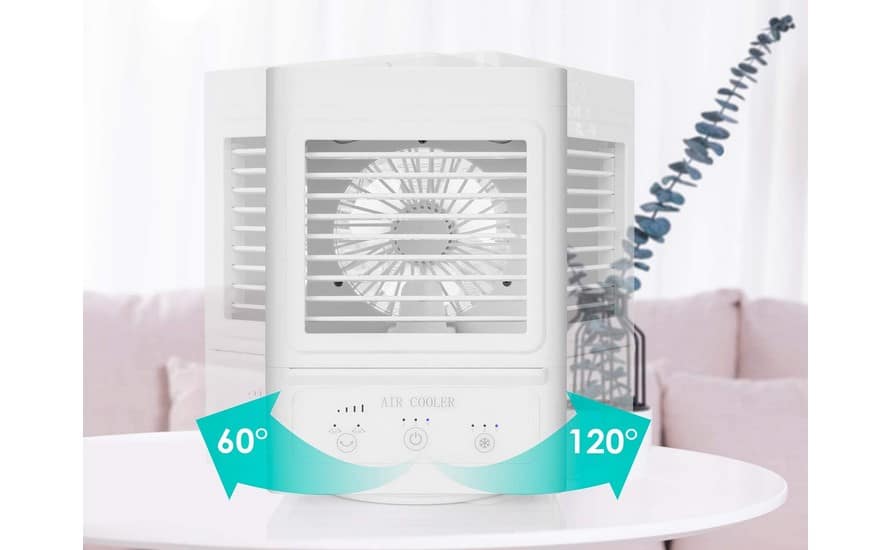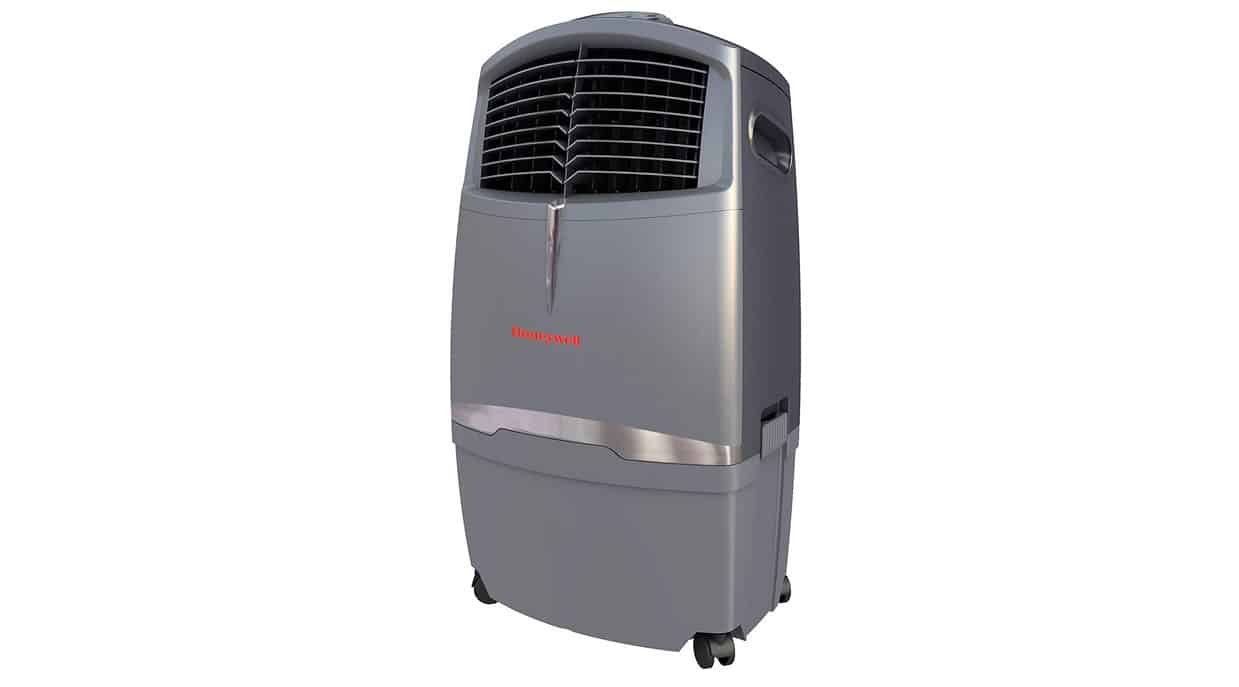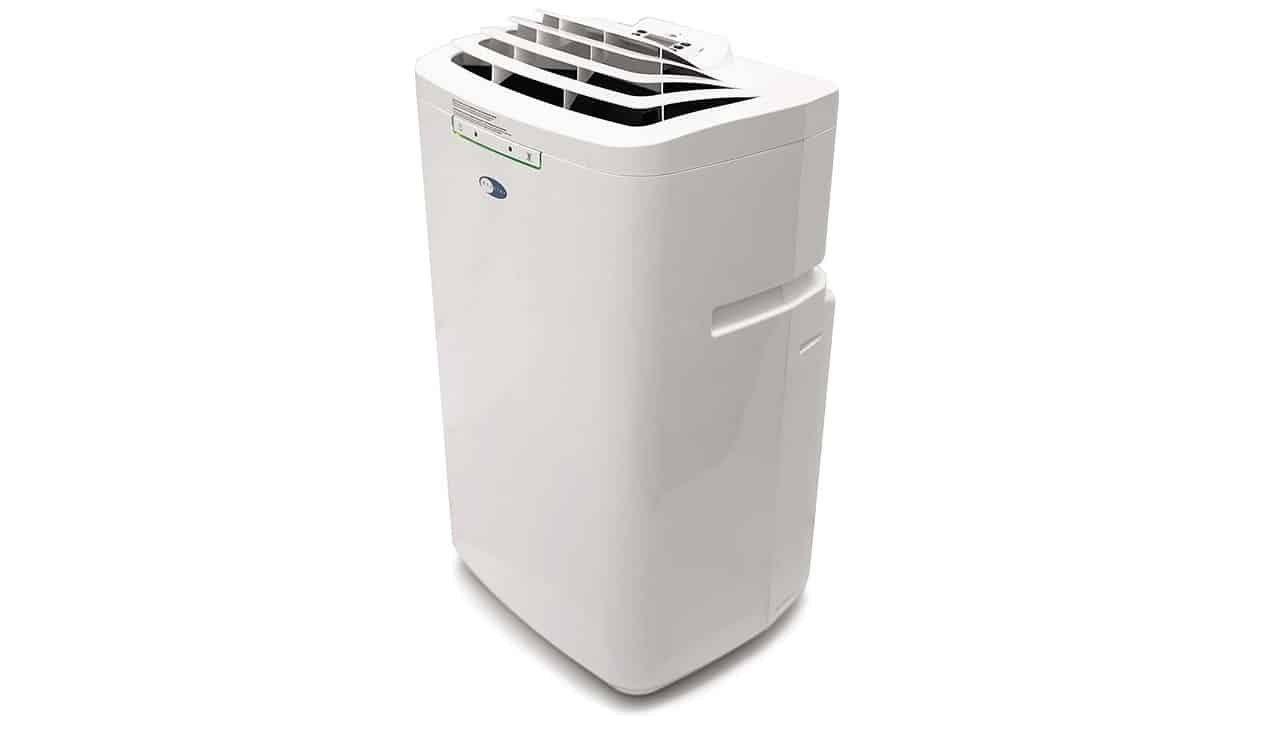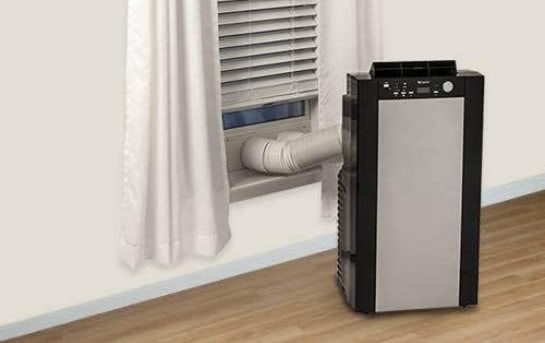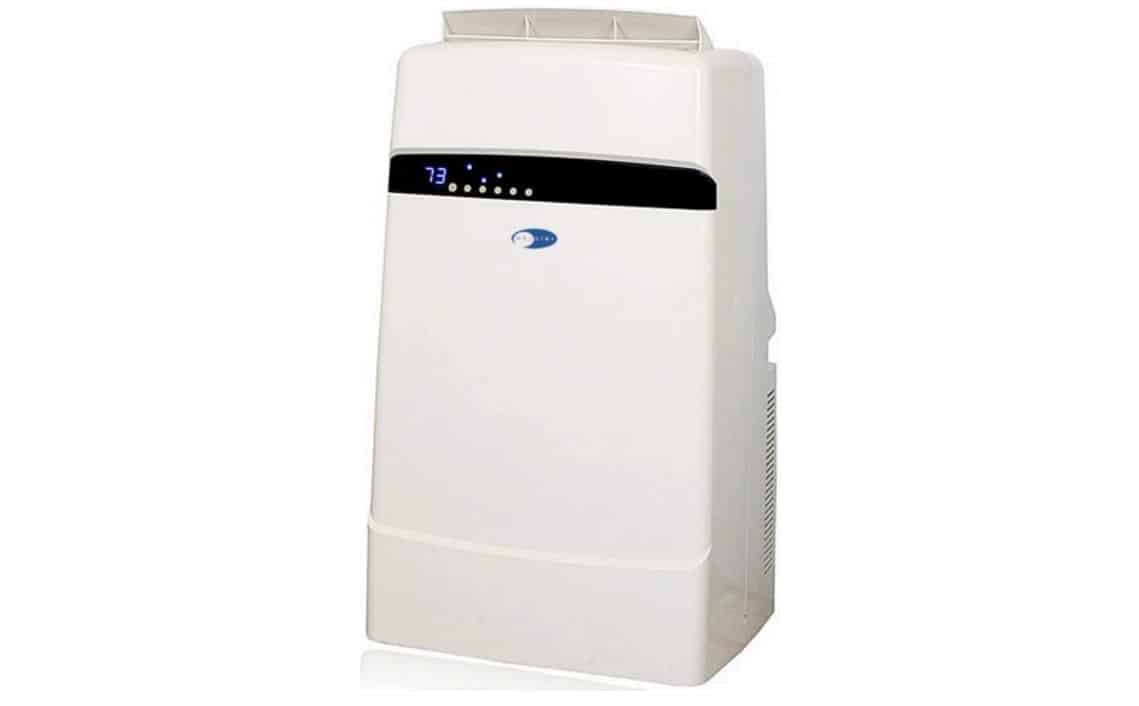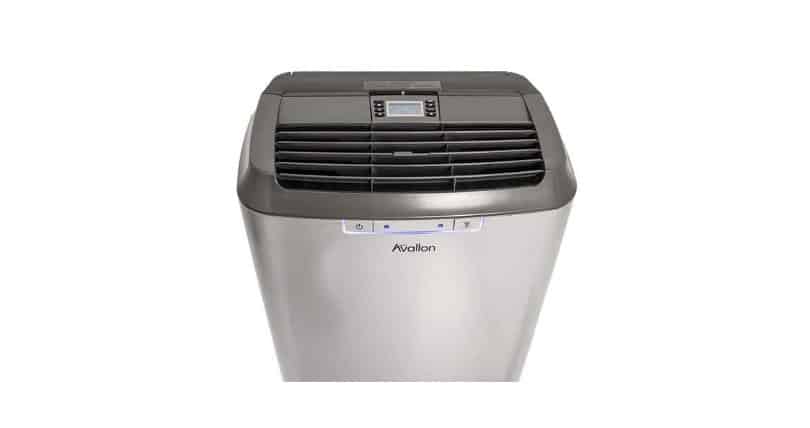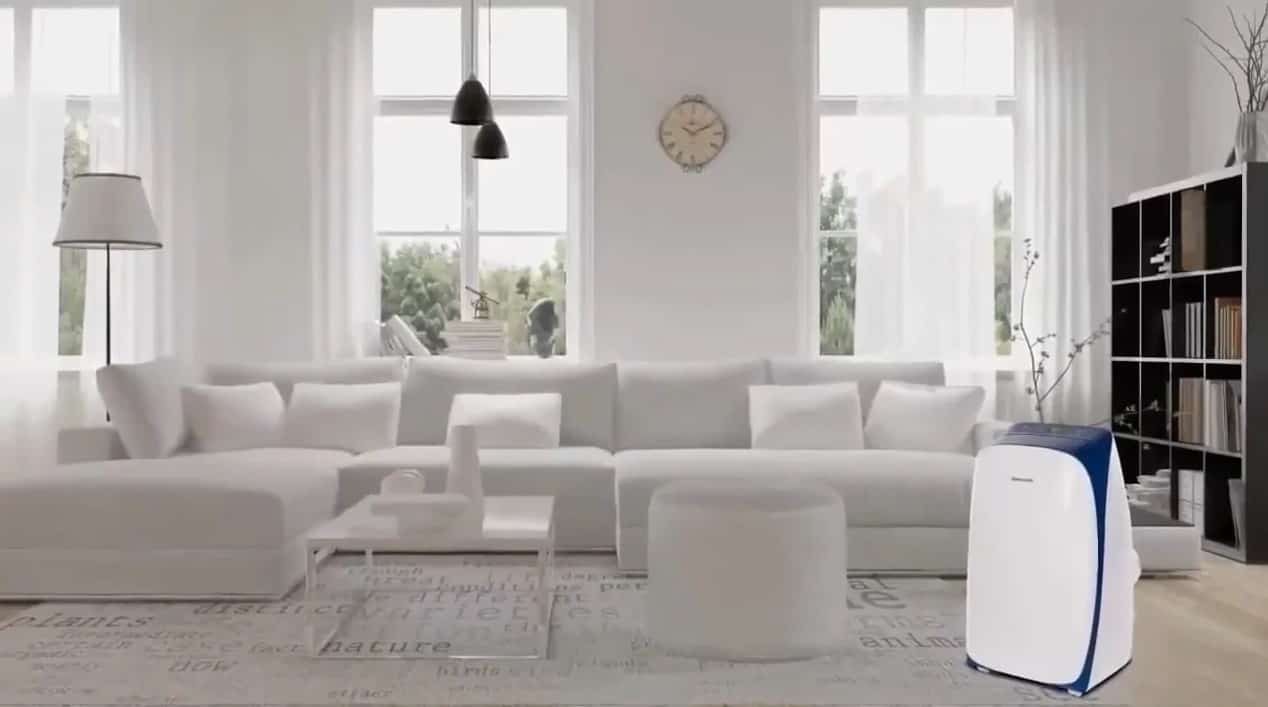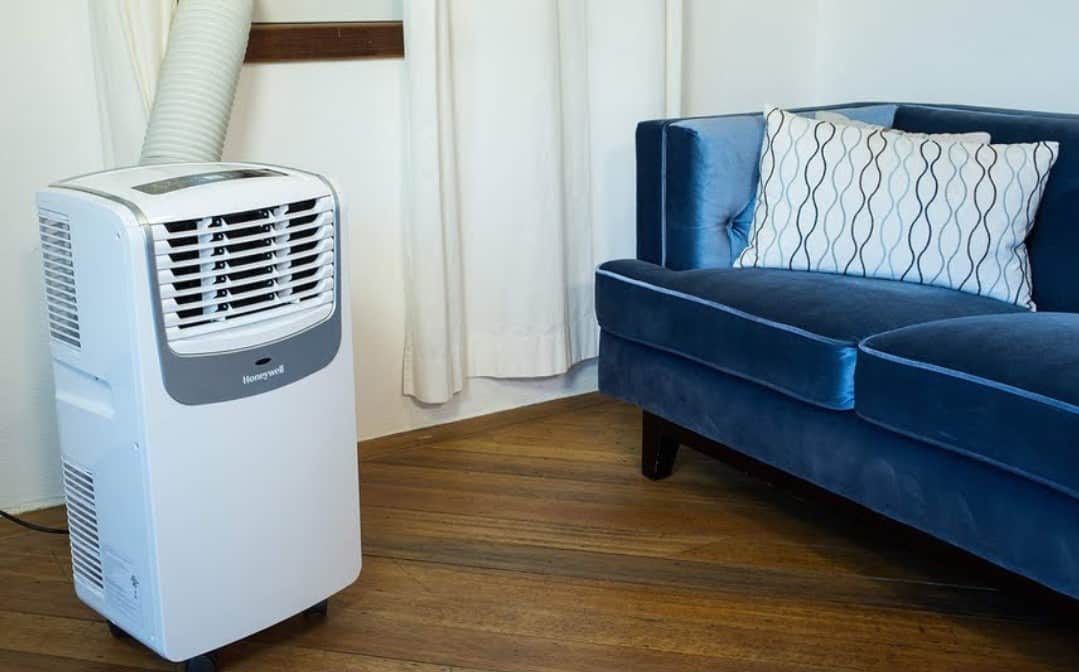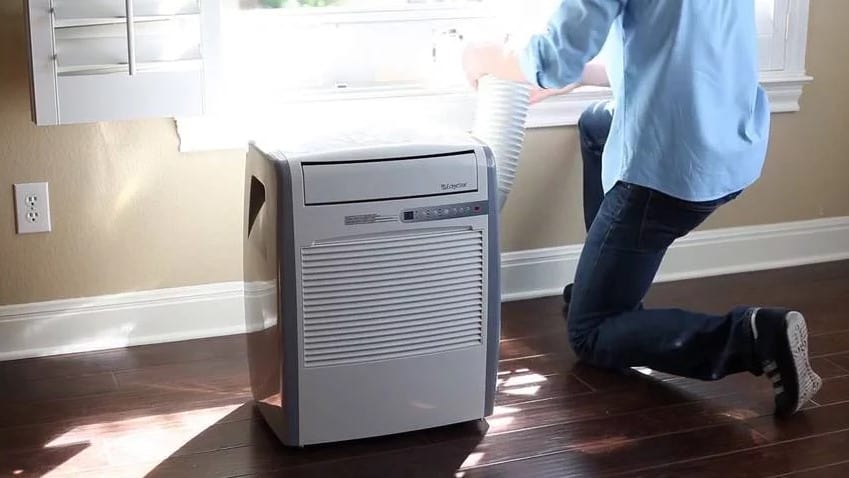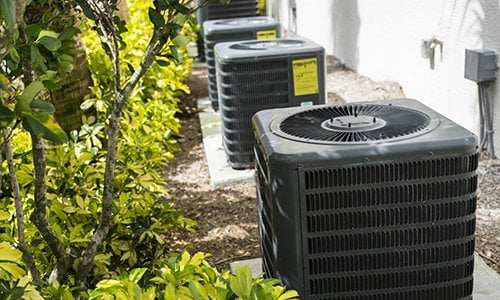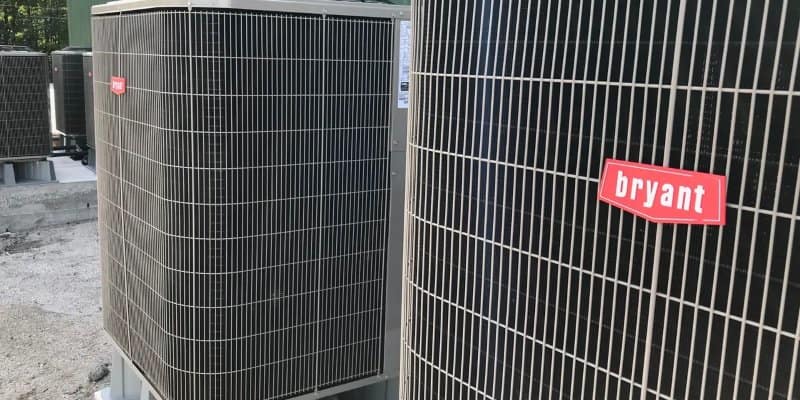Even the best air conditioners run into mechanical problems. When this happens, one of the first things HVAC experts will implore you to do is turn it off. This task sounds simple — and it is — but there’s a proper way how to turn off your air conditioner. Keep reading to learn more.
KEY TAKEAWAYS:
- Shutting down an AC unit is a simple process to do whenever you plan not to use your AC unit for an extended period.
- An AC unit needs to be fully turned off to repair or run any tests.
- It’s not wise to shut down an AC unit for short periods unless for repairs and tests.
And as a logical next step, you can also read our article on how to turn on a central air conditioner.
The Correct Way to Turn Off an Air Conditioner
People need to turn off their central air conditioning units for many reasons, which sometimes means unlocking the A/C thermostat first. Sometimes it is to lower energy costs or mechanical issues — like poor electrical circuit connection or a refrigerant leak. You also might need to turn it off for running tests (see how to test an air conditioner compressor). Other maintenance is cleaning and straightening out the air conditioner fins and unclogging the air conditioner drain pipe.
Insider Tip
Install a programmable thermostat if you’re looking to save money on your AC. These save homeowners up to $180 a year.
These are all circumstances under which you’ll need to know how to turn your AC completely off. Below is a step-by-step guide on how to do this safely and efficiently.
STEP 1 Turn the System Off
- Go to your programmable thermostat and push the power button until the thermostat setting shows that the system is now off.
STEP 2 Check the Air Filter
- If you are getting ready to switch over indoor temperatures from AC to heat for the winter, check to see if you have a dirty air filter. If so, purchase a new filter and replace it.
- If it’s washable, clean it with soap and water, then let it dry before placing it back in the unit.
- Switch the humidifier vent from the closed position to the open position.
STEP 3 Disconnect the Unit from Power or Locate the Breaker Box
- If you have central air, go to your outdoor central unit, locate the breaker box that connects to it, and then find the electrical disconnect switch that connects directly to the AC unit.
- If you have a window or portable unit, unplug it from the wall.
STEP 4 Inspect the Central Air System for Damage
- Examine each electrical component in the breaker box for damage or burn marks.
- If any damage is identified, call an HVAC professional to come and assess the damage.
STEP 5 Shut the Power Off to the Central Air System
- Go to the electrical box and find the switch or lever that controls the power.
- Switch it to the off position.
- If you have a waterproof cover, go ahead and put it over the AC unit.
Warning
Don’t turn off your AC if you’re only going out for a couple of hours. It requires a lot of energy to start a central AC unit, resulting in higher energy bills.
F.A.Q.S
Should the air conditioner ever be turned off?
Usually, you shouldn’t shut off an AC for a short period. However, if you plan to leave for a trip or put it in hibernation for winter, it is good to shut it off.
Why isn’t the air conditioner turning off?
Suppose your air conditioning unit is constantly running. In that case, this problem can sometimes be attributed to frozen evaporator coils or a clogged air filter.
Should the AC be turned off at night?
Turning it off at night isn’t a good idea because an AC uses much more electricity to start the cooling cycle than to keep it running.
STAT: On average, 5.5% of passenger vehicle fuel goes towards running the car’s AC unit. (source)
REFERENCES:
- https://www.youtube.com/watch?v=_-GQehF-dEg
- https://www.callanyday.com/2017/03/27/should-i-turn-off-my-air-conditioner/#:~:text=Turning%20your%20air%20conditioner%20in,needing%20an%20emergency%20AC%20replacement.
- https://www.youtube.com/watch?v=uDs3kP8Btpcr
- https://www.youtube.com/watch?v=XxeGEz7FwDQ
- https://www.warnerservice.com/shocking-air-conditioning-statistics















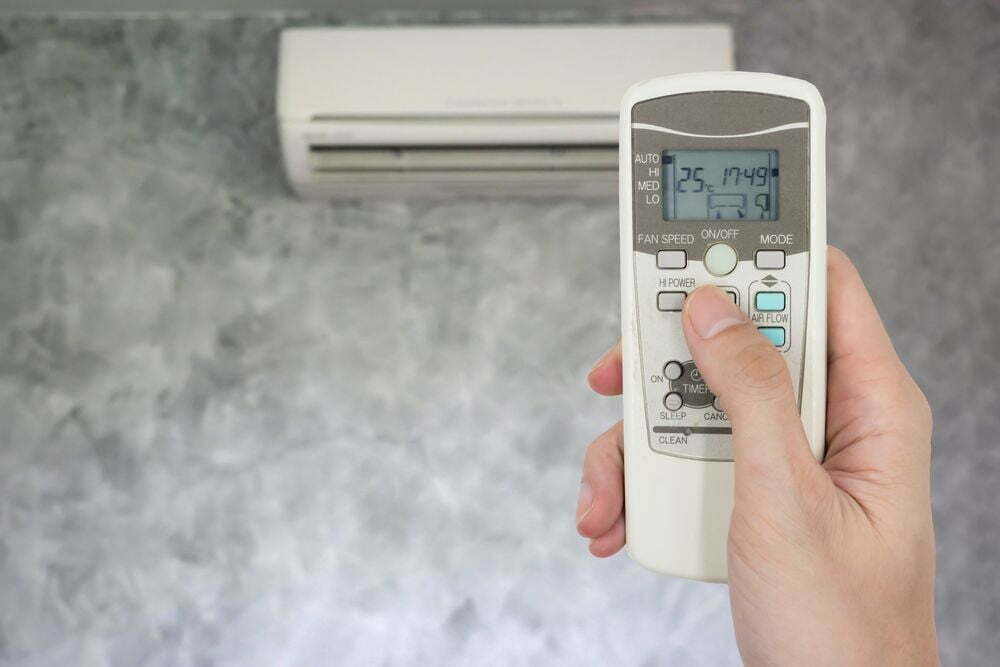
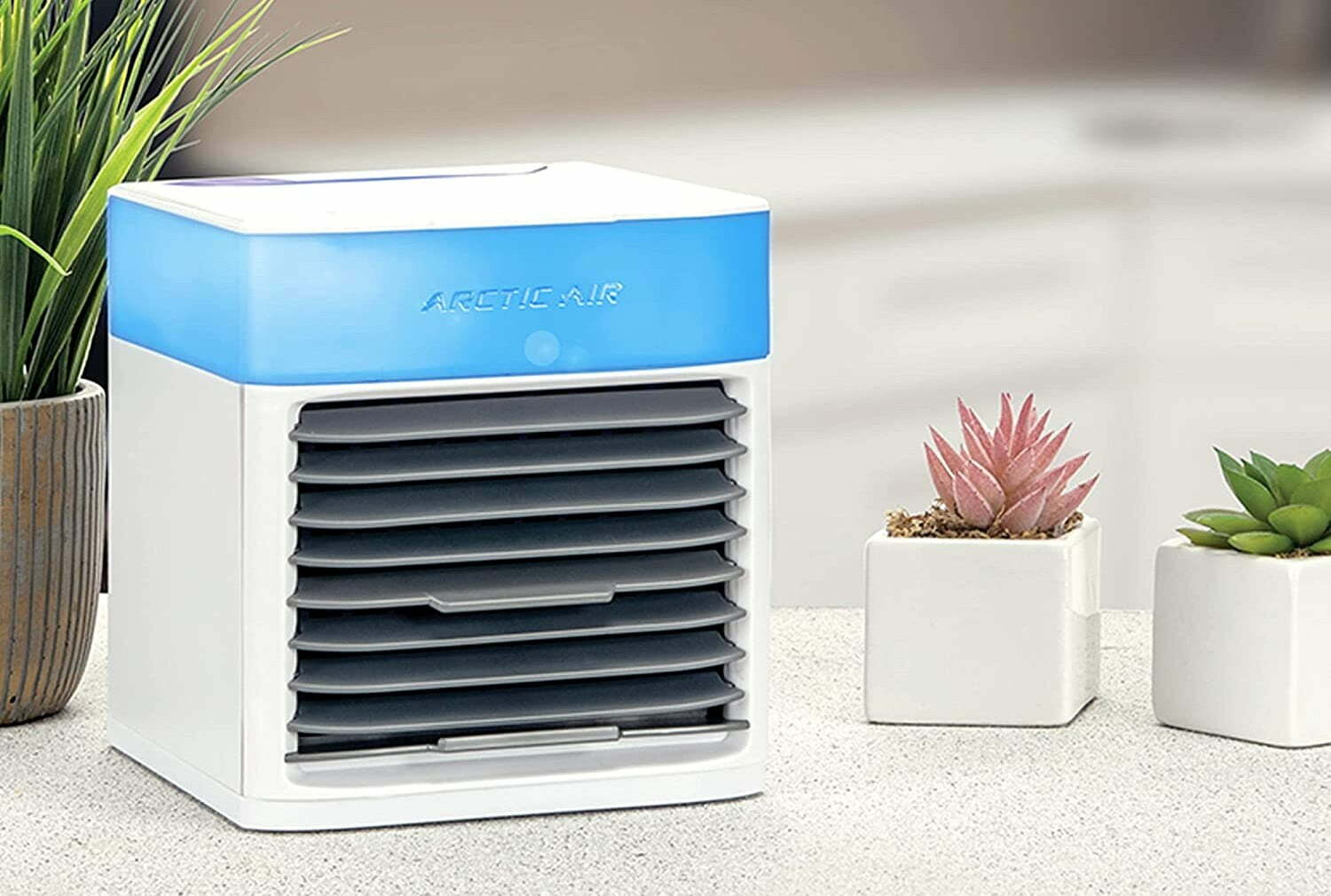
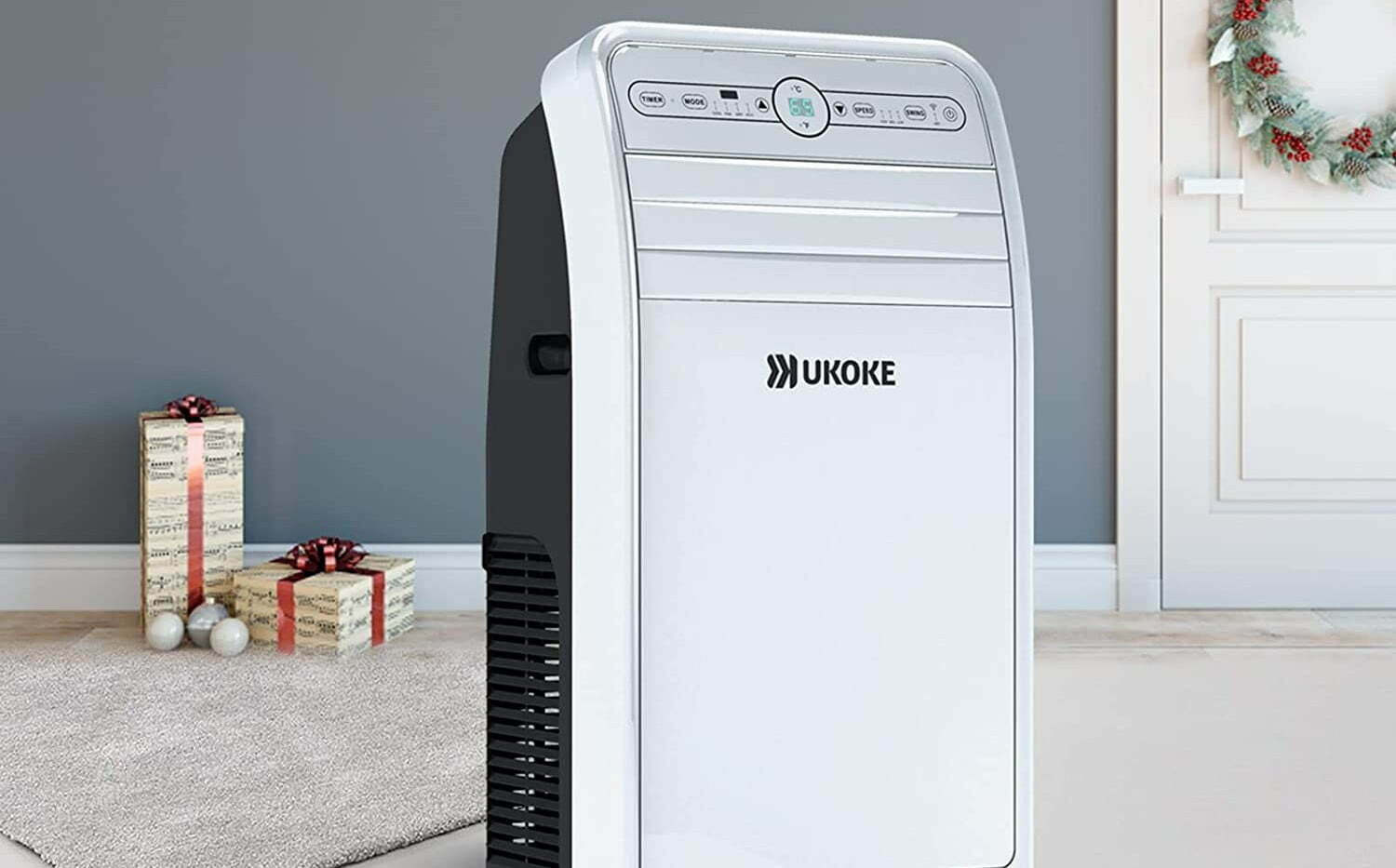
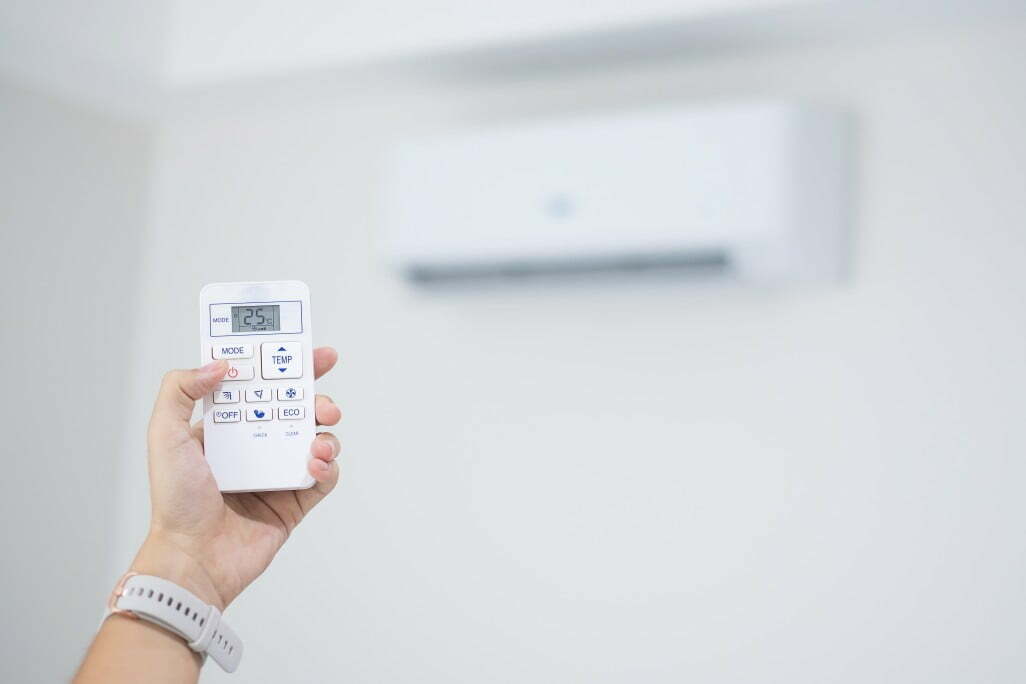

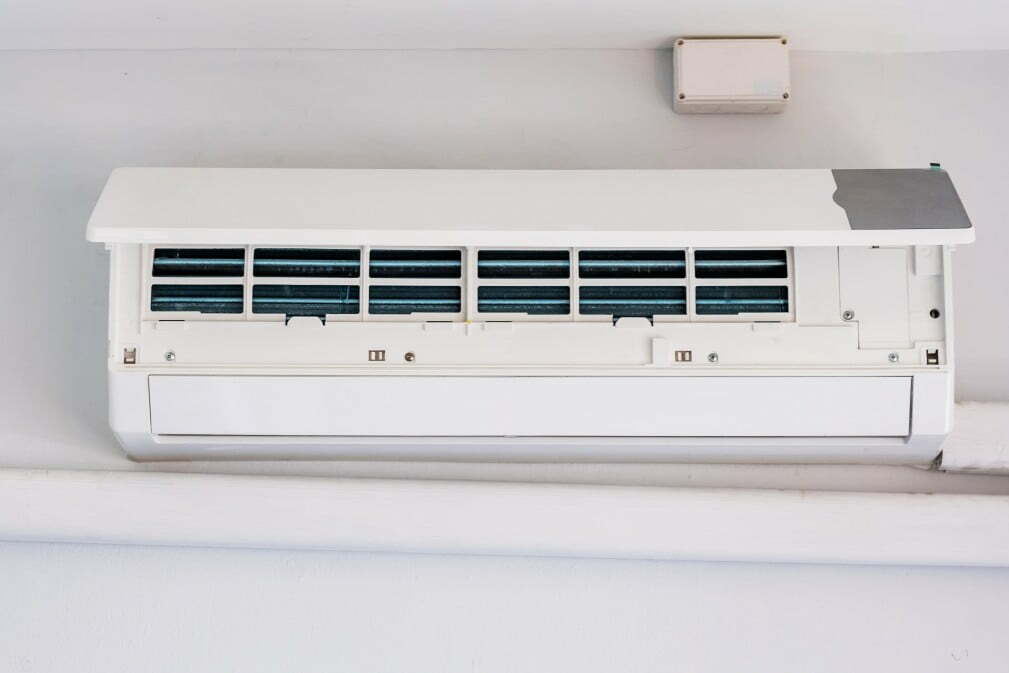
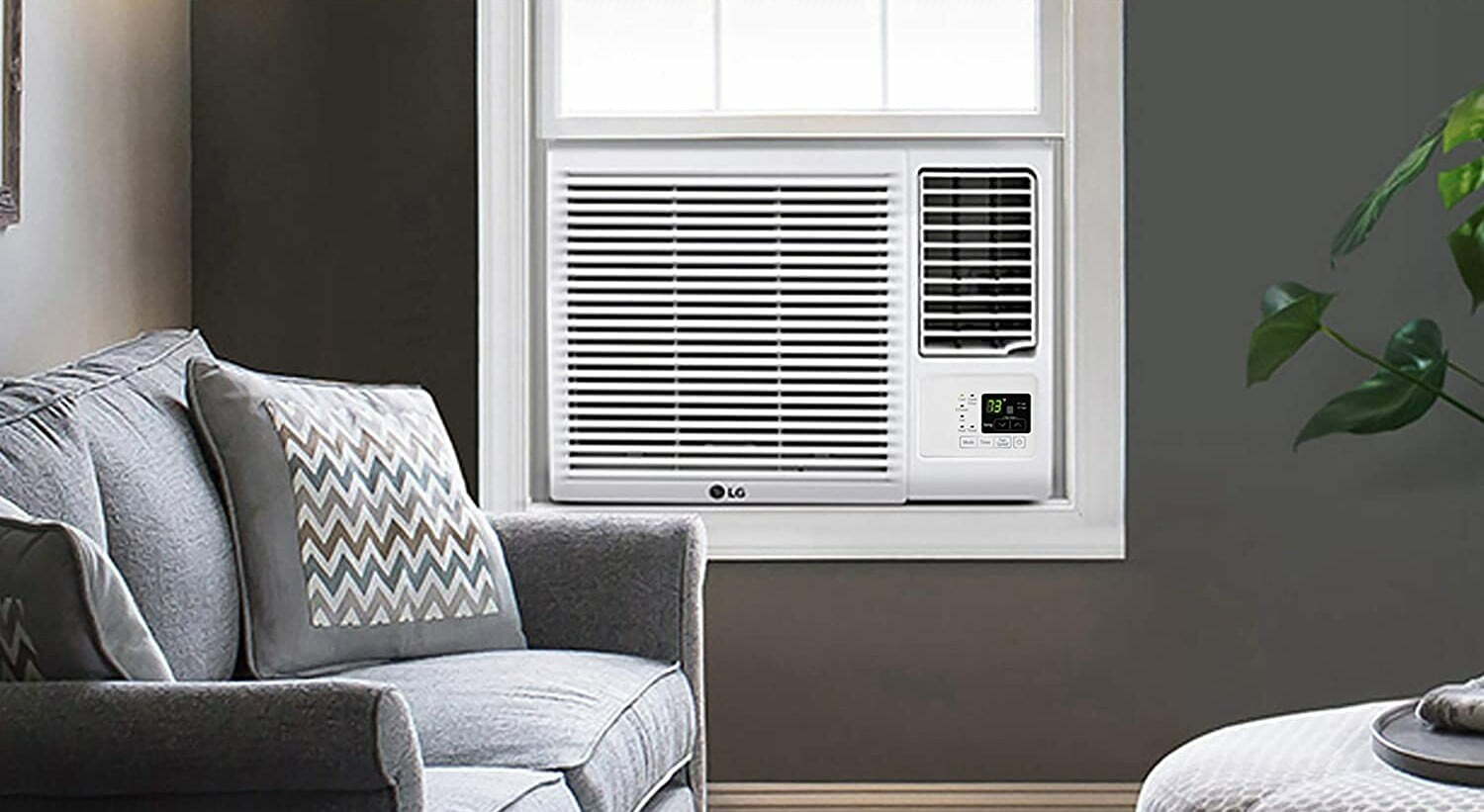
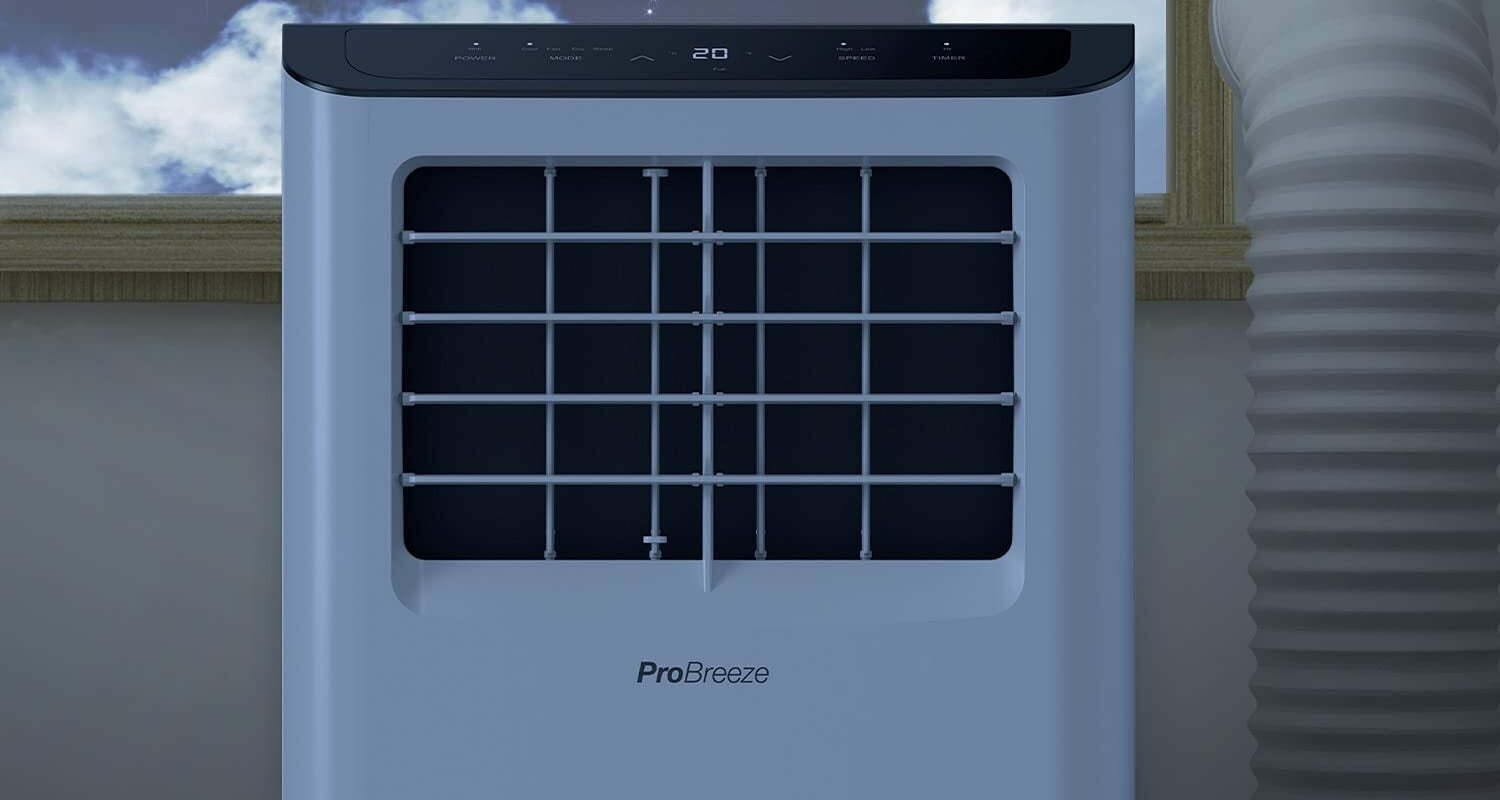
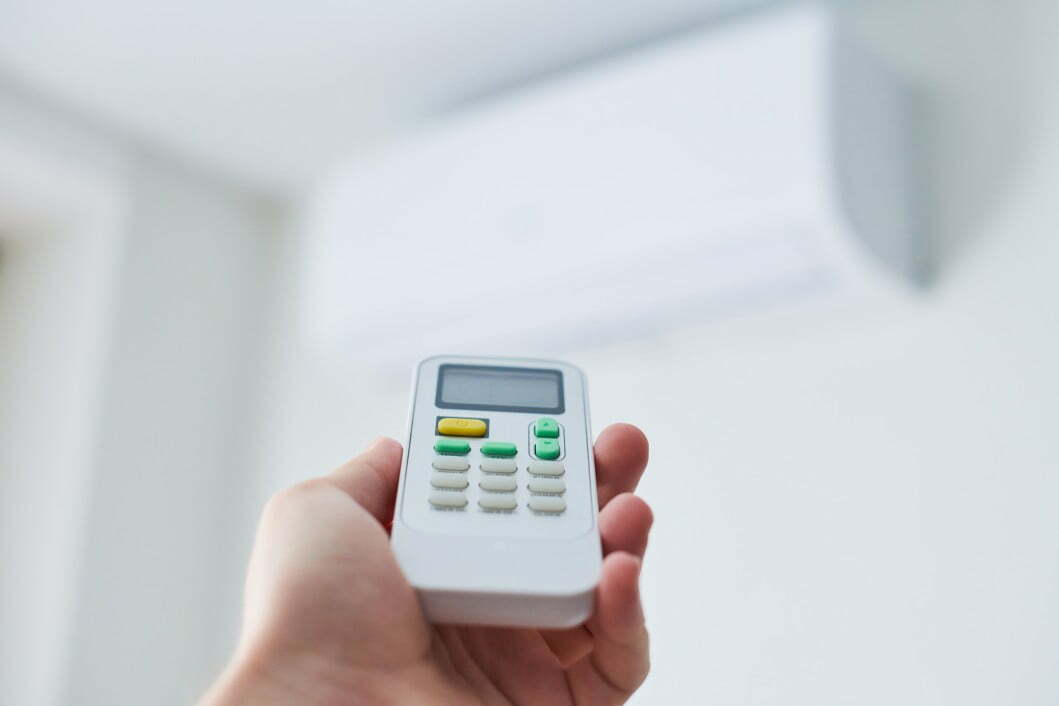
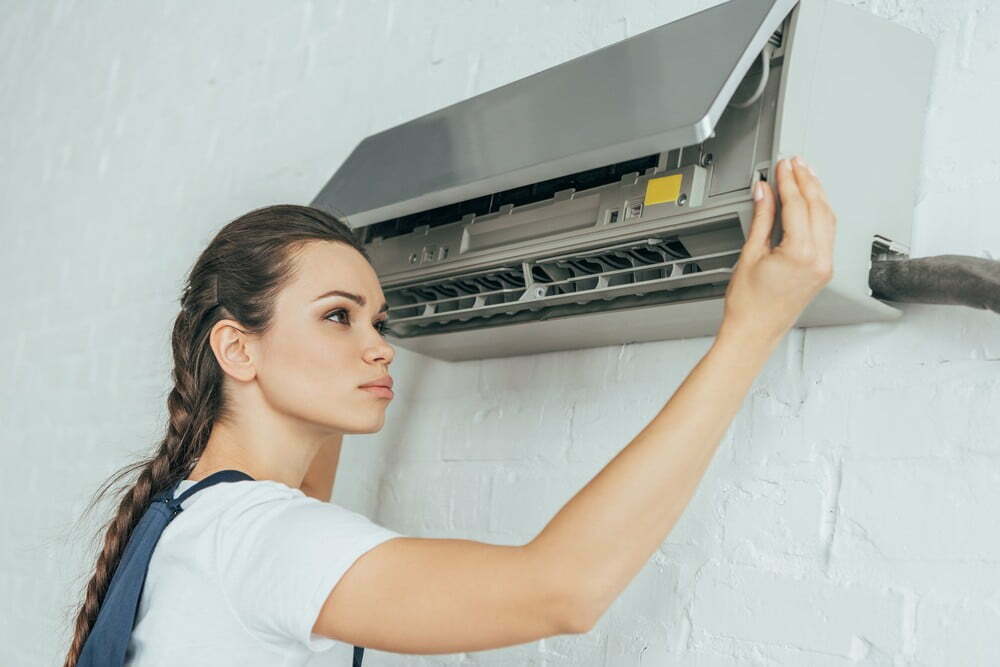
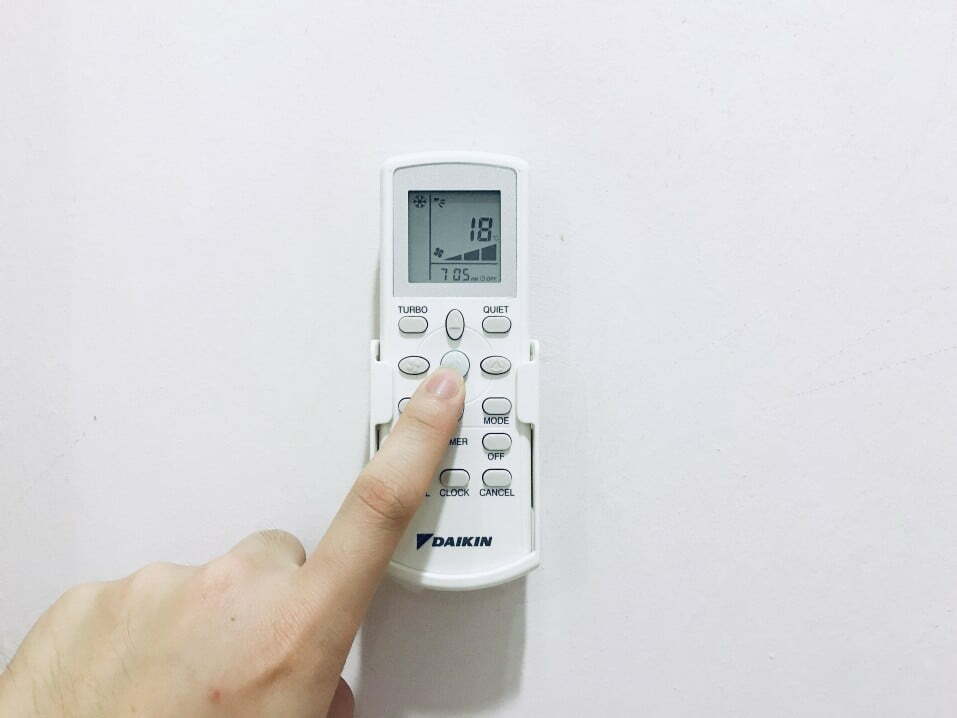
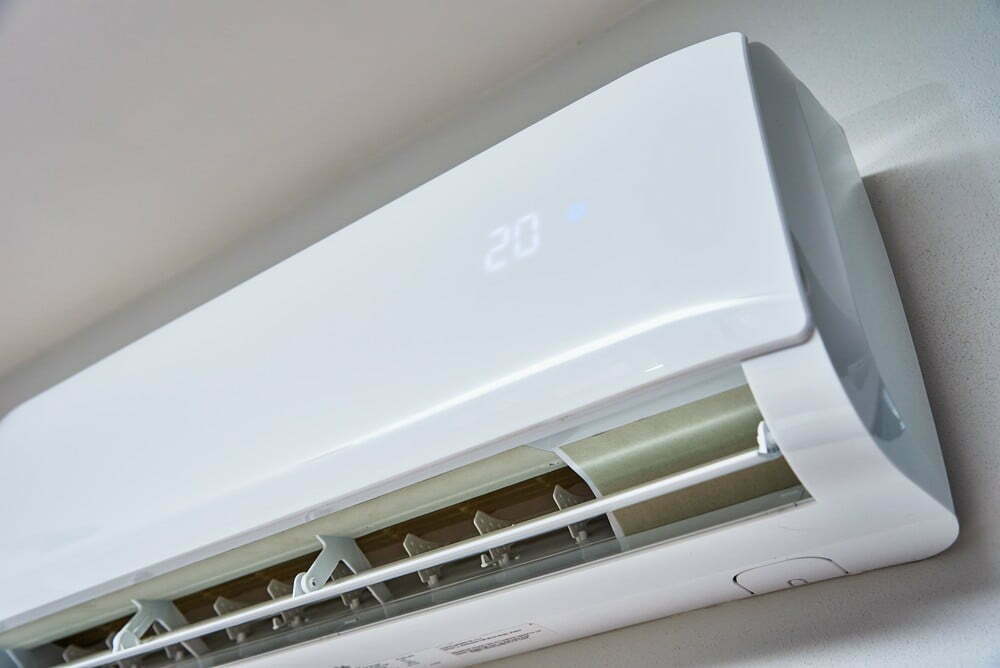

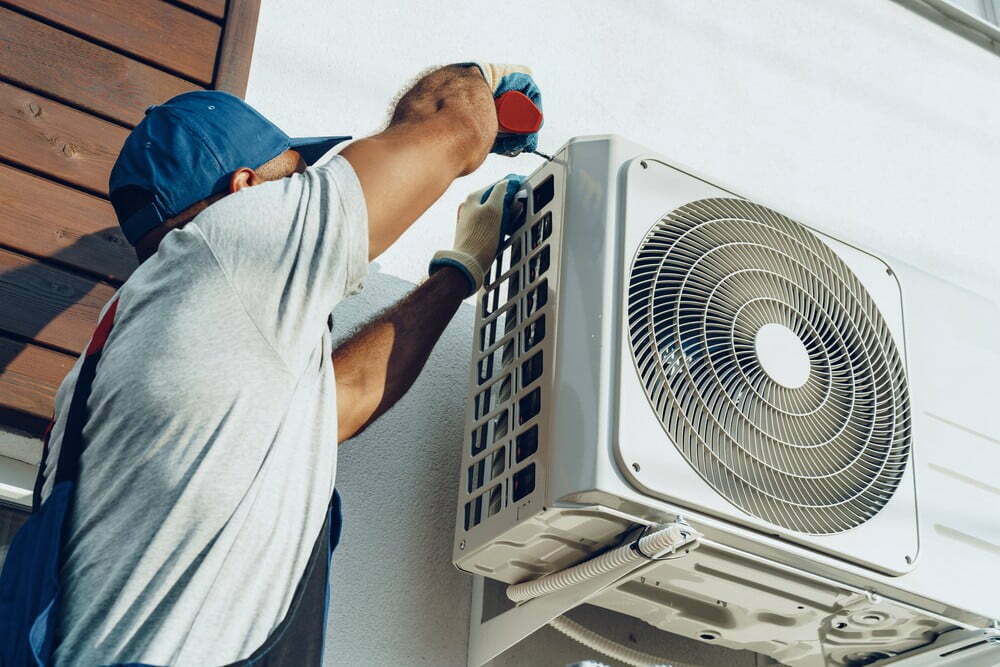
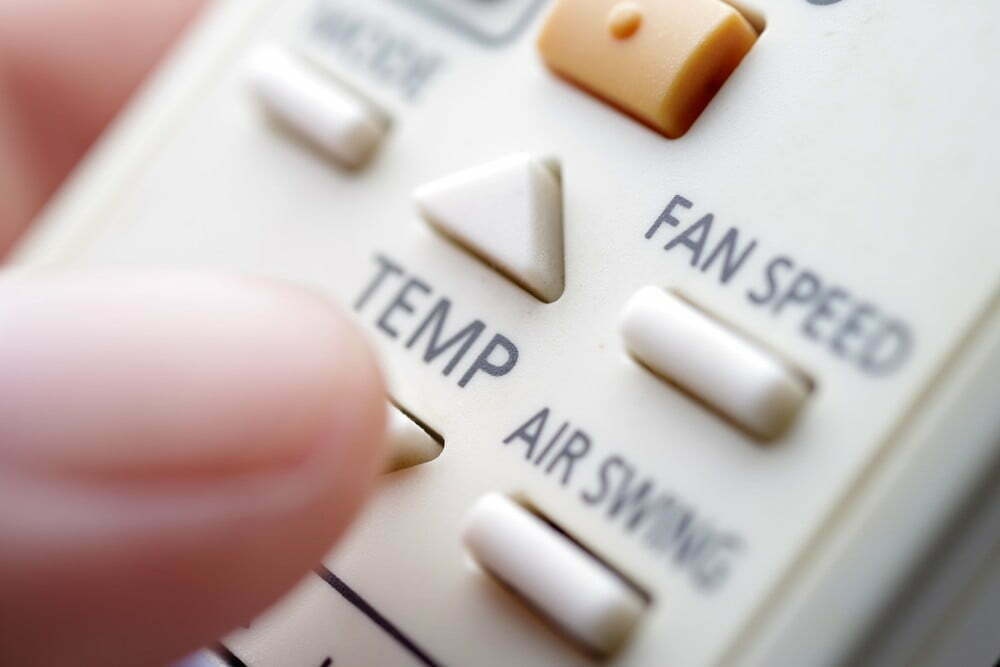

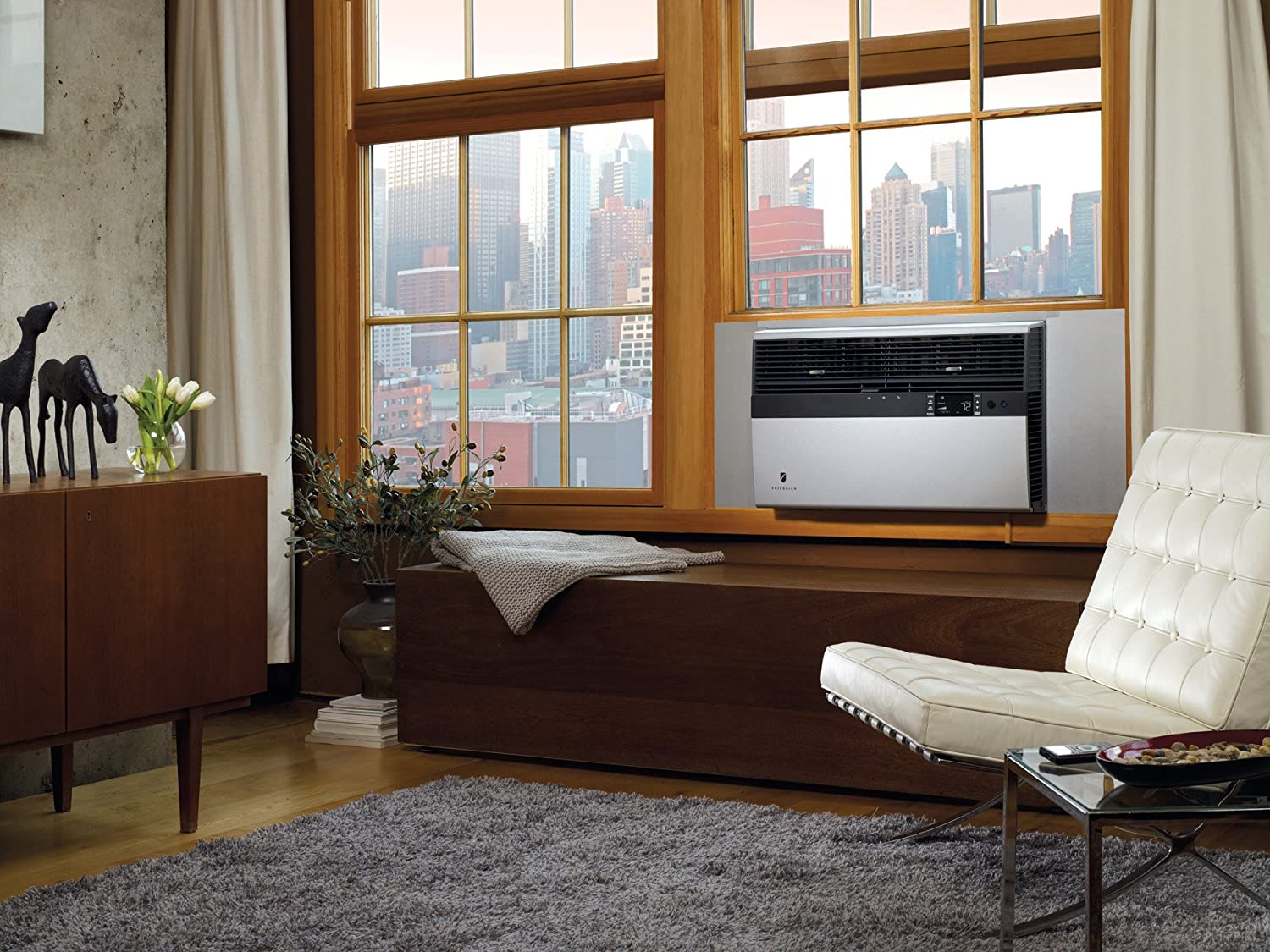
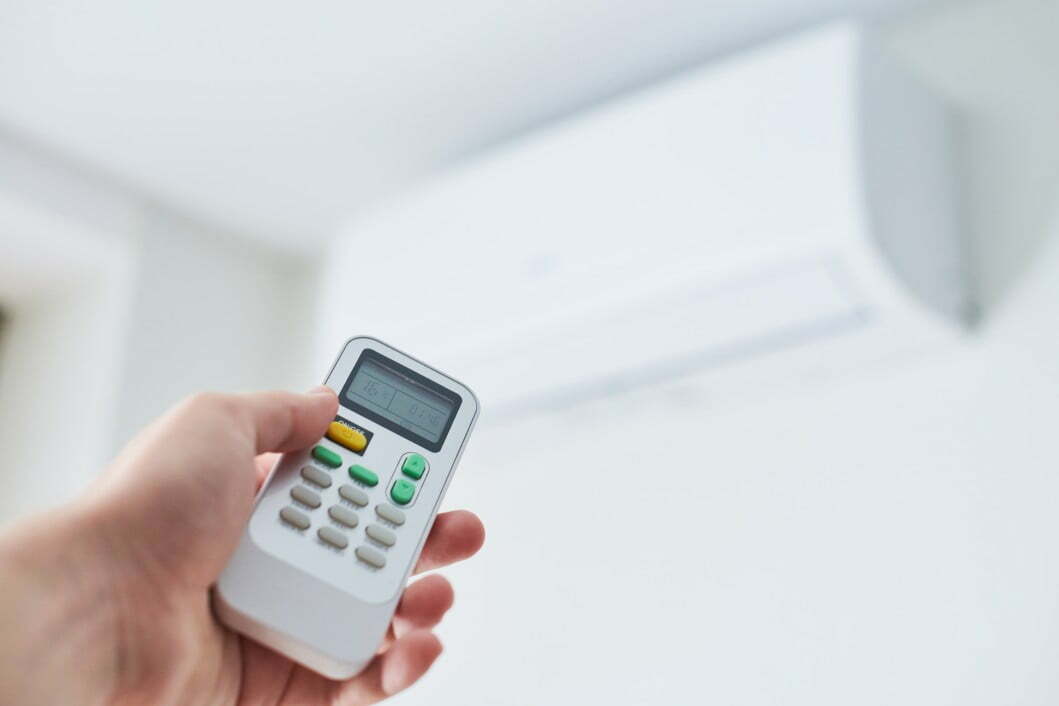
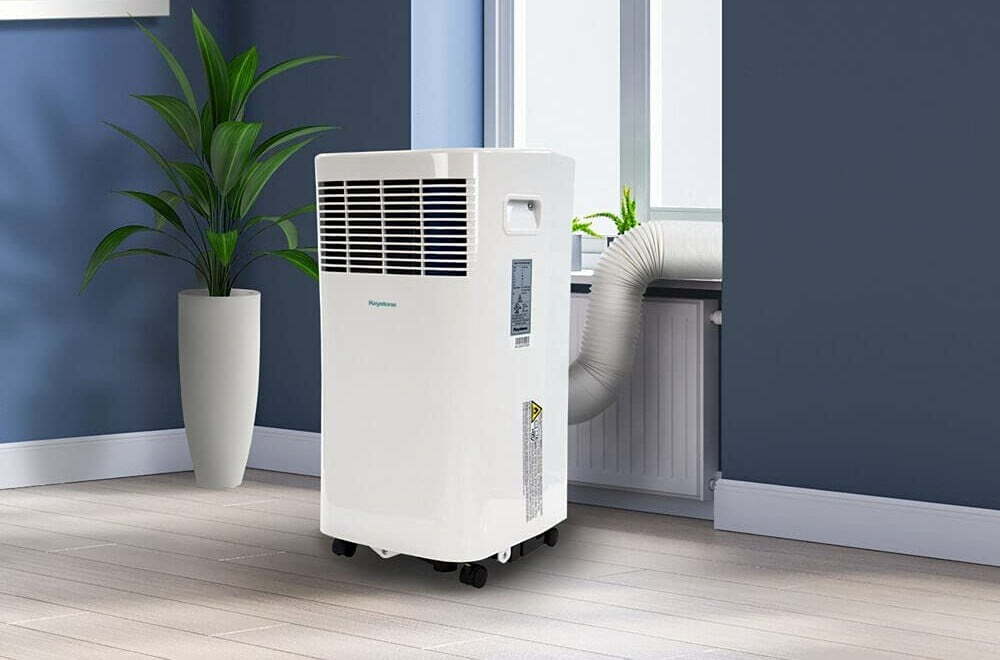
![Best Air Conditioners in [year] ([month] Reviews) 27 Best Air Conditioners in 2026 (January Reviews)](https://www.gadgetreview.dev/wp-content/uploads/best-air-conditioners-image.jpg)
![Quietest Through The Wall Air Conditioners in [year] 28 Quietest Through The Wall Air Conditioners in 2026](https://www.gadgetreview.dev/wp-content/uploads/quietest-through-the-wall-air-conditioner-image.jpg)
![Best 10000 BTU Air Conditioners in [year] 29 Best 10000 BTU Air Conditioners in 2026](https://www.gadgetreview.dev/wp-content/uploads/best-10000-btu-air-conditioner-image.jpg)
![Best 15000 BTU Air Conditioners in [year] 30 Best 15000 BTU Air Conditioners in 2026](https://www.gadgetreview.dev/wp-content/uploads/best-15000-btu-air-conditioner-image.jpg)
![Best 15000 BTU Window Air Conditioners in [year] 31 Best 15000 BTU Window Air Conditioners in 2026](https://www.gadgetreview.dev/wp-content/uploads/best-15000-btu-window-air-conditioner-image.jpg)
![Best 12000 BTU Air Conditioners in [year] 32 Best 12000 BTU Air Conditioners in 2026](https://www.gadgetreview.dev/wp-content/uploads/best-12000-btu-air-conditioner-image.jpg)
![Best Photocatalytic Oxidation Air Purifiers in [year] 33 Best Photocatalytic Oxidation Air Purifiers in 2026](https://www.gadgetreview.dev/wp-content/uploads/best-photocatalytic-oxidation-air-purifier-image.jpg)
![Best Ventless Portable Air Conditioners in [year] 34 Best Ventless Portable Air Conditioners in 2026](https://www.gadgetreview.dev/wp-content/uploads/best-ventless-portable-air-conditioner-image.jpg)
![Best Window Air Conditioners with Heat in [year] 35 Best Window Air Conditioners with Heat in 2026](https://www.gadgetreview.dev/wp-content/uploads/best-window-air-conditioner-with-heat-image.jpg)
![Best Inverter Air Conditioners in [year] 36 Best Inverter Air Conditioners in 2026](https://www.gadgetreview.dev/wp-content/uploads/best-inverter-ac-image.jpg)
![Best HEPA Air Purifiers in [year] 37 Best HEPA Air Purifiers in 2026](https://www.gadgetreview.dev/wp-content/uploads/best-hepa-air-purifier-image.jpg)
![Best Quiet Window Air Conditioners in [year] 38 Best Quiet Window Air Conditioners in 2026](https://www.gadgetreview.dev/wp-content/uploads/quiet-window-air-conditioner-image.jpg)
![Best Energy Efficient Window Air Conditioners in [year] 39 Best Energy Efficient Window Air Conditioners in 2026](https://www.gadgetreview.dev/wp-content/uploads/best-energy-efficient-window-air-conditioner-image.jpg)
![Best Quiet Portable Air Conditioners in [year] 40 Best Quiet Portable Air Conditioners in 2026](https://www.gadgetreview.dev/wp-content/uploads/quiet-portable-air-conditioner-image.jpg)
![Best 6000 BTU Air Conditioners in [year] 41 Best 6000 BTU Air Conditioners in 2026](https://www.gadgetreview.dev/wp-content/uploads/best-6000-btu-air-conditioner-image.jpg)
![Best 8000 BTU Air Conditioners in [year] 42 Best 8000 BTU Air Conditioners in 2026](https://www.gadgetreview.dev/wp-content/uploads/best-8000-btu-air-conditioner-image.jpg)
![Best Small Window Air Conditioner in [year] 43 Best Small Window Air Conditioner in 2026](https://www.gadgetreview.dev/wp-content/uploads/best-small-window-air-conditioner-image.jpg)
![Best 5000 BTU Air Conditioners in [year] 44 Best 5000 BTU Air Conditioners in 2026](https://www.gadgetreview.dev/wp-content/uploads/best-5000-btu-air-conditioner.jpg)
![Best Mini Split in [year] 45 Best Mini Split in 2026](https://www.gadgetreview.dev/wp-content/uploads/best-ductless-mini-split-air-conditioner-image.jpg)
![10 Best Portable Air Conditioners and Heaters in [year] 46 10 Best Portable Air Conditioners and Heaters in 2026](https://www.gadgetreview.dev/wp-content/uploads/best-portable-air-conditioner-and-heater-image.jpg)

